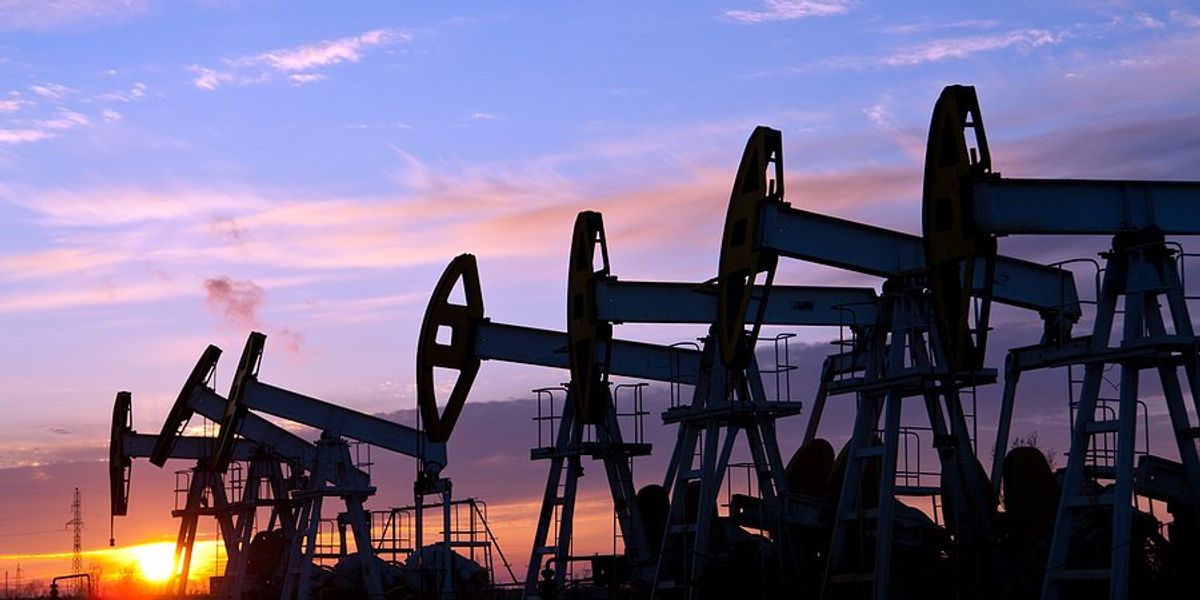refineries
Chevron agrees to a $550 million settlement with California city
Richmond, California, secured a half-billion dollar settlement from Chevron after proposing a ballot tax on barrels produced at its local refinery, setting a potential model for other cities.
In short:
- Chevron offered a $550 million settlement to avoid a proposed barrel tax in Richmond, California.
- The settlement could fund Richmond's budget for ten years and encourage similar actions in other refinery towns.
- Activists view the deal as a mixed victory, while some cities are already considering similar initiatives.
Key quote:
“The community of Richmond has created a movement that will echo across the nation.”
— Eduardo Martinez, Mayor of Richmond
Why this matters:
Cities across the U.S. could use Richmond's strategy to pressure large polluting industries into settlements. This approach may empower local governments to secure funding while holding corporations accountable for environmental impacts.
Read more: Pollution, Poverty, and People of Color: 'We Are Richmond'
Gov. Newsom vetoes California bill to increase refinery air monitoring
California Gov. Gavin Newsom has vetoed a bill that sought to tighten air monitoring protocols around refineries, citing budget concerns.
In short:
- SB 674 aimed to expand air quality monitoring beyond oil refineries to other facilities, requiring data retention and third-party audits.
- Newsom argued that existing local air quality management programs already address these concerns, and the bill would impose costly state obligations amid a budget shortfall.
- Environmental advocates criticized the veto, calling it a missed opportunity to protect communities from toxic emissions.
Key quote:
“Fenceline communities urgently need improved air monitoring.”
— Lena Gonzalez, California State Senator
Why this matters:
Enhanced air monitoring is vital for communities near refineries to ensure they are not exposed to harmful pollutants. The veto raises concerns about the state’s ability to balance public health and budget constraints.
Related EHN coverage:
Fossil fuel plants release toxic pollution during hurricane
A powerful storm has already caused fossil fuel plants on the Gulf Coast to release toxic pollutants into the air, prompting medical experts to call for a halt to new plant construction in hurricane-prone areas.
In short:
- Hurricane Beryl caused power outages at multiple refineries and petrochemical plants in Texas, leading to the release of harmful pollutants.
- Environmental justice advocates warn that new LNG terminals will exacerbate pollution in storm-affected areas.
- Medical professionals urge the Biden administration to consider public health impacts when approving new fossil fuel infrastructure.
Key quote:
“Despite massive flood walls, facilities can become isolated by surrounding open water. Federal and state agencies failed to fully consider future sea level rise, land subsidence, and the stronger and more frequent hurricanes brought on by climate change when permitting these facilities.”
— Shaq Cossé, program manager at the Louisiana Bucket Brigade
Why this matters:
The increase in hurricanes due to climate change intensifies the risks posed by fossil fuel plants. Communities, especially low-income and minority groups, are disproportionately affected by pollution from these facilities.
Ethanol plants found to emit more toxic air pollutants than oil refineries
Biofuel refineries, touted as a greener alternative to oil, release significant levels of hazardous air pollutants in rural communities across the U.S., surpassing emissions from petroleum refineries.
In short:
- Biofuel refineries release 12.9 million pounds of hazardous pollutants annually, including high levels of carcinogenic chemicals.
- Research reveals biofuel plants are the largest source of acrolein, a toxic chemical causing severe health issues.
- Biofuel facilities often violate air pollution permits, with over 40% failing compliance tests between 2021 and 2024.
Key quote:
“The industry claims biofuels are a better alternative. But what we found is that biofuels are a pretty significant source of hazardous air pollutants.”
— Kira Dunham, a researcher with the Environmental Integrity Project
Why this matters:
Despite being promoted as an environmentally friendly option, biofuel production poses serious health risks due to toxic emissions. Increased regulatory oversight is crucial to address these environmental and public health concerns.
Babies born in Louisiana’s ‘Cancer Alley’ record lower birth weight, preterm births – report
New report shows babies born in notorious industrial corridor experience low birth weight at three times the national average.
Bay Area refineries lead in greenhouse gas emissions
California's largest greenhouse gas emitters, predominantly oil refineries, show a slight decrease in emissions but still pose significant environmental challenges.
In short:
- Federal data reveals a minor decline in emissions from California's largest polluters, including power plants and chemical manufacturers, with a focus on oil refineries.
- The Bay Area hosts three of the state's top five carbon emitters, all oil refineries, highlighting a significant environmental and public health concern.
- Despite a nearly 20% reduction in emissions from large polluters over the past decade, experts argue for more stringent regulations to meet climate goals.
Key quote:
“We need to understand that refining both petroleum and biofuels has a very negative effect on our public health and obviously contributes mightily to the climate crisis.”
— Shoshana Wechsler, founding member of Sunflower Alliance
Visit EHN's energy section for more top news about energy, climate and health.



















